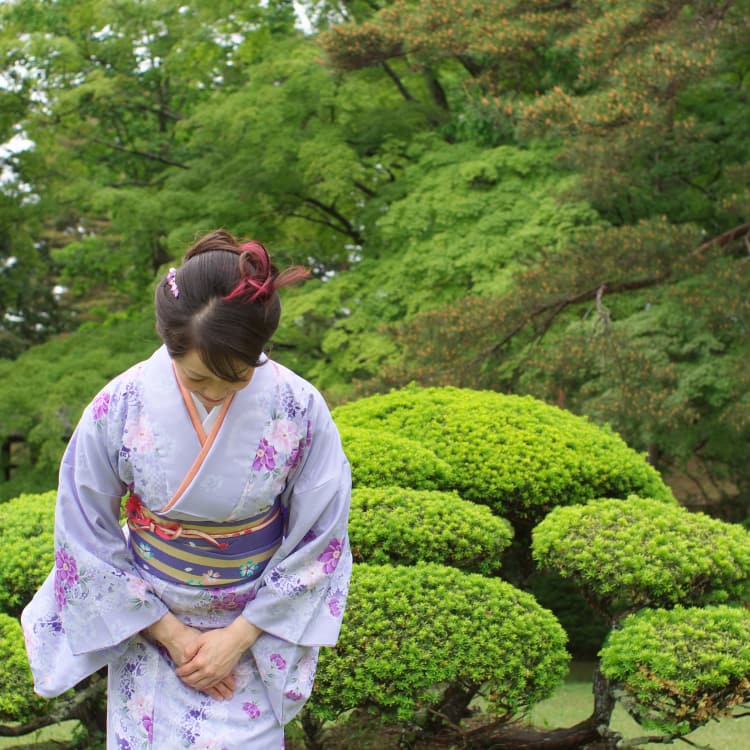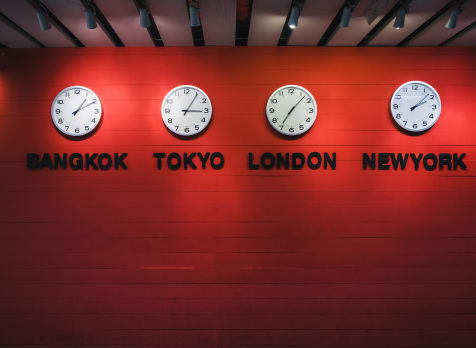

Custom & Manners
If unsure, politeness and common sense go a long way
Following a general travelers code of respect for the people you meet and places you visit will stand you in good stead. Always ask if you are unsure of any particular cultural curiosities—the locals will be more than happy to tell you.
For first-time visitors, Japan can be both extremely familiar and outrageously alien. Learning a little about the custom of a particular region or place will untangle a few of the potential knots of confusion, as well as giving you a more fulfilling experience.
General greetings and etiquette
The Japanese custom of bowing may seem unfamiliar if you are not used to it. The act is deeply embedded in Japanese culture and can be full of tricky nuance—especially in the business world. As a guest in the country, you will more likely be bowed at, rather than expected to bow. However, to show your respect, it's a nice extra gesture to go with your “arigato” or thank you. Etiquette in public places is a serious business in Japan—a public-wide respect for these rules is probably the main reason why a megalopolis like Tokyo can function so smoothly. Generally speaking, common sense is the order of the day. Show respect for the places you are in and the people who are there, especially on public transport. If you carry a phone, keep it on silent mode and avoid speaking on it. If in doubt, just follow the locals.
Eating out
Nowadays, chopsticks can be found on dining tables all around the globe, so most visitors will not be surprised or fazed to see the neat pair of wooden sticks lined up in many of Japan's restaurants. If you are uncomfortable using them and would prefer a different kind of utensil, just ask the staff. Be aware however, an alternative may not be available—especially at more traditional spots.
If you have come to Japan for the sushi, remember that you can eat it with your hands. Pick up a piece, dip it into the bowl of soy-sauce, and enjoy.
When eating the variety of noodle dishes that Japan has to offer, local culture dictates that you slurp rather than chew—some will tell you that this even enhances the flavor. Whether you choose to slurp or not is up to you, just don't mind if the table next to you is making a little more noise than you might be used to.
Staying overnight
Most western hotels in Japan follow the same practices that you would expect throughout the world (with the exception of tipping, there is no need). However, the more traditional ryokan hotels still follow a time-honored code of conduct. From taking off your shoes at the entrance, to sleeping on futons on the floor, when you enter a ryokan, you are entering Japan from a different age. The Yukata gowns that you will usually find in your rooms can sometimes be worn outside, sometimes not. Same with the slippers. A list of dos and don'ts will adorn the walls of the communal bathrooms, and dinner may be served in your room or in a communal dining room. If you are feeling confused, don't be. If in doubt, simply ask. This is the best way to avoid any awkward misunderstandings, and the staff will be more than happy to help you.





































































